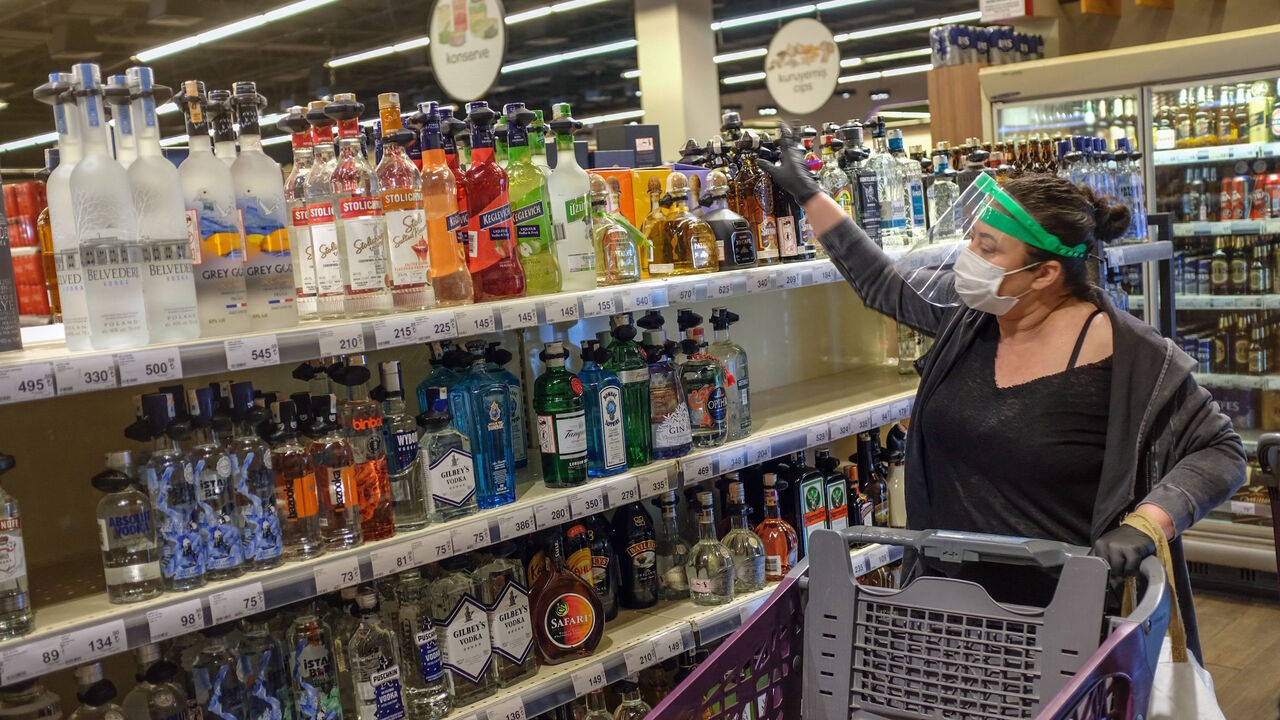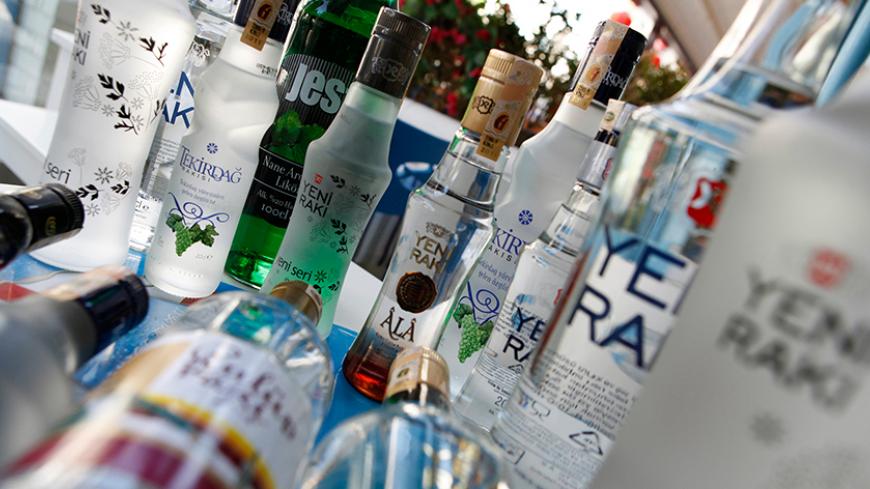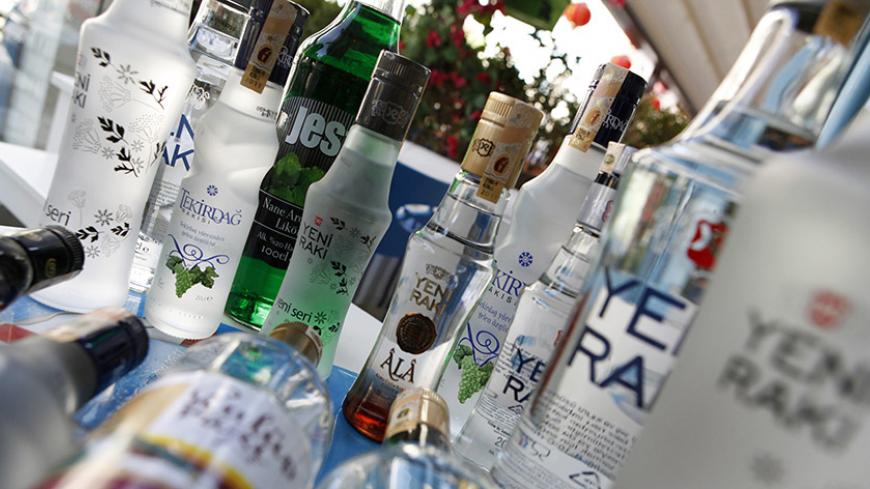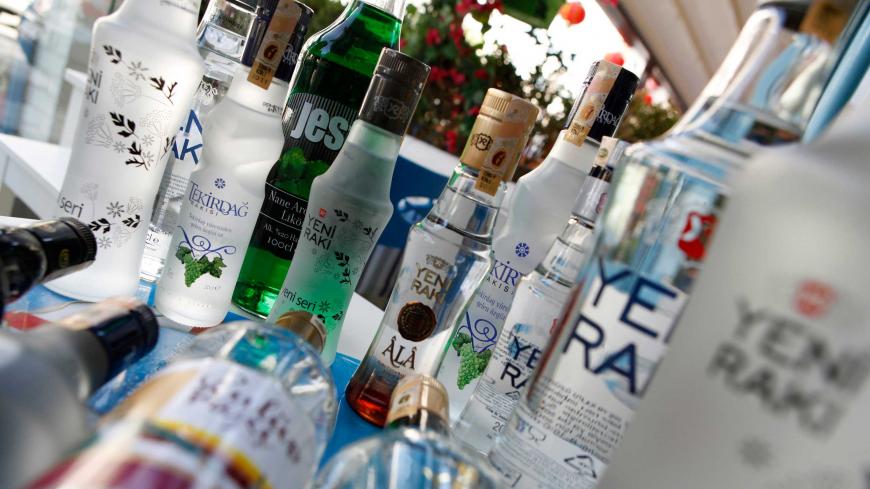

Why AL-Monitor?
AL-Monitor is an award-winning media outlet covering the Middle East, valued for its independence, diversity and analysis. It is read widely by US, international and Middle East decision makers at the highest levels, as well as by media, thought and business leaders and academia.
Read by









Live news & notifications

Premier analysis of the Middle East

Live events & video

Specialized Newsletters

Big, exclusive interviews

ALM archives since 2012

Subscribe for unlimited access
By becoming an Al-Monitor subscriber, you drive our team’s rigorous and independent journalism spanning the Middle East.
Continue



![Yellow capped new bottles of Turkish liquor of "Yeni Raki" remain packed at a alcohol sales spot in Istanbul March 9, 2005. A Turkish alcohol company on Tuesday ordered the recall of millions of bottles of Turkish liquor as the death toll from a bootleg version of the drink rose to at least 22.[ Galip Yorgancioglu, chief executive of Mey Drinks, said the firm was recalling all 0.7-litre bottles of Tekel brand raki, a popular anise-flavoured drink. Other sizes and brands would remain on shelves. ] - PBEAHUOC](/sites/default/files/styles/article_header/public/almpics/2017/11-1/RTXNAY7.jpg/RTXNAY7.jpg?h=a5ae579a&itok=UQholvmN)



